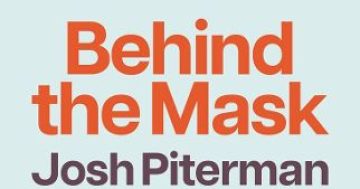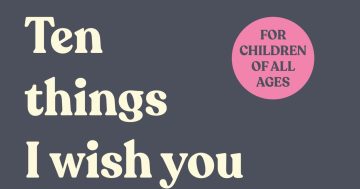Chris Bailey* says the digital world has unleashed an epidemic of ‘novelty hunting’ — the relentless search for something new and stimulating that taken to excess can be destructive of careers and lives.
 There’s a term I use to describe a common activity many of us do without even realising — novelty hunting.
There’s a term I use to describe a common activity many of us do without even realising — novelty hunting.
This is when we seek ways to stimulate our mind, especially in the digital world.
I’ve written previously about our brain’s ‘novelty bias’, where we’re rewarded with a hit of dopamine each time we pay attention to anything novel.
Dopamine is a neurochemical that makes us feel as though pleasure is right around the corner but doesn’t lead to pleasure itself.
As I explore in my book, How to Calm Your Mind, three factors of an experience determine the size of a dopamine hit.
Novelty: How surprising an experience is.
Direct effect: The extent to which an experience directly affects our life (this is sometimes called salience).
Genetics: Some of us are predisposed to release more or less dopamine from experiences.
Novelty hunting most often takes place online and on our devices, versus in the analogue world.
With endless refreshing and scrolling, there are always more of the above factors to trigger a dopamine release.
For example:
When we pick up our phone first thing in the morning, tapping and swiping between apps.
When we instinctually refresh our email instead of working on the Word document in the other window.
When we work with our phone by our desk so we can scan social media and other apps to keep our mind at the same height of stimulation throughout the day.
Novelty hunting is instinctual — and we’re rewarded for doing it on a chemical level.
The more novel and surprising an experience, the bigger the dopamine hit, and the more our mind is stimulated.
This leads us to becoming less productive and calm — two qualities that move in tandem in an anxious world.
If you can, try to imagine life before the digital world.
Then novelty hunting looked pretty different — it wasn’t fed to us; we had to go out and find it, or better yet, construct novel experiences out of thin air.
As bored kids, we’d make a fort out of living room chairs instead of staring at an iPad.
As an adult on vacation in a rented cottage, we grabbed a pack of cards to beat the boredom — instead of tapping on our phones.
We live in an era of novelty. Novel experiences are all around us and we don’t even need to work for them.
Novelty can make life exciting, while slowing down our perception of time, but novel experiences also need depth for them to be meaningful.
Novelty that is merely stimulating leads to anxiety and stress.
This detracts from how productive and present we are, while making us less satisfied with how we’ve spent our time overall.
Be mindful of the novelty hunting you do in the digital world — it may be taking more of a toll than you think.
*Chris Bailey has written hundreds of articles on the subject of productivity, and is the author of two books: Hyperfocus, and The Productivity Project. He can be contacted at alifeofproductivity.com/author/chris.
This article first appeared at alifeofproductivity.com.











